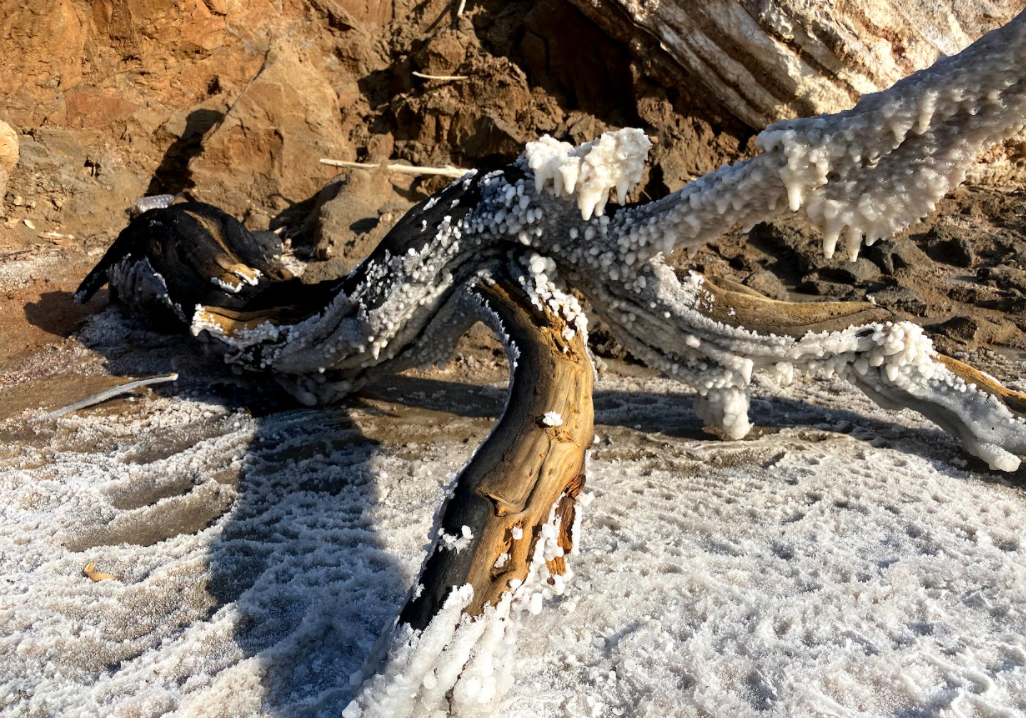Postcolonial Ecologies
9 March - September 2021
Postcolonial Ecologies discusses and reflects on essential ecological questions, addressing how colonial practices and extractive economies have affected/contaminated the natural environments of indigenous peoples and native ecosystems. Departing from the epistemic violence enacted through dominant technologies of measurement and calculation that subdue life forms to market logic, the exhibition project unearths indigenous knowledge systems rooted in conceptions of nature and land as sources of life and subsistence. Thinking with Fanon, participants are invited to engage in critical readings of decolonization and to speculate on life futures that acknowledge land as ‘the most essential value’, its humus at once a carrier of collective memory/trauma and a site of anticolonial resurgence and regeneration. Against a modern grammar of predation and extraction, the multifaceted program invokes other worlds in the making, exploring radical forms of social organisation that centre mutual aid and more-than-human collaboration.
Postcolonial Ecologies unfolds through multiple exhibitions, an online residency, public program and Summer Academy. The launch features a presentation by the curators.
.




Worldbuilding in the Wake
Kareem Estefan
March - October 2021
As climate change accelerates, a sixth mass extinction event looms over the horizon. Apocalyptic scenes proliferate across our screens, almost blocking out fugitive glimpses of other possible worlds. But for those most vulnerable to the slow violence of extractive capitalism and settler colonialism, the end of the world is nothing new. To paraphrase the late scholar Patrick Wolfe, apocalypse is a structure, not an event; the catastrophe is ongoing. Or, as June Tyson sings in Sun Ra’s Space Is the Place, “It’s after the end of the world—don’t you know that yet?” The worldbuilding of Afrofuturism, Arabfuturism, indigenous futurism, and other subaltern futurisms is animated by collective memories of the many worlds that did not survive the “new world” of colonial modernity. Futurisms divested from capitalist futurity, these speculative activities reorient the imagination to the poetics and politics of worldbuilding in the wake of catastrophe, so that visions of the yet-to-come are always also returns to the practices, epistemologies, and dreams of those whose worlds were expropriated or destroyed. They suggest an ecological consciousness that understands the present annihilation of biodiverse ecosystems as continuous with histories of colonization, enslavement, and genocide. Positioning the speculative practice of worldbuilding as a poetic act of repairing present and future ecologies in the wake of imperial violence, this series will feature artists, writers, and scholars who think beyond “green futures'' to imagine a world transformed by decolonization and de-growth, a world that cultivates structures of care and kinship beyond the figure of the human.







